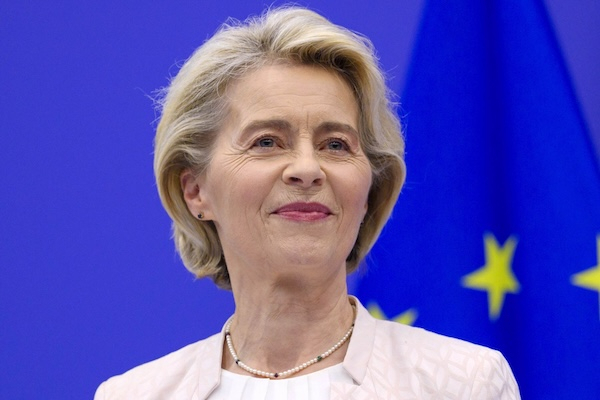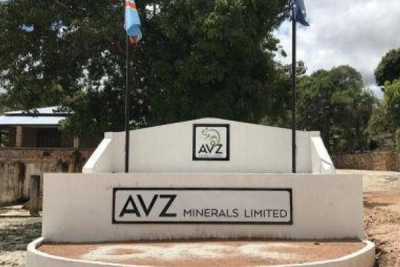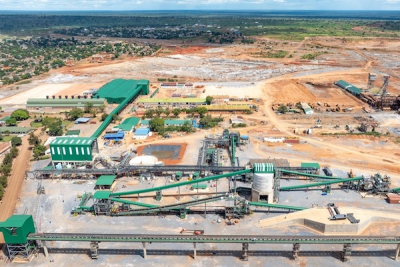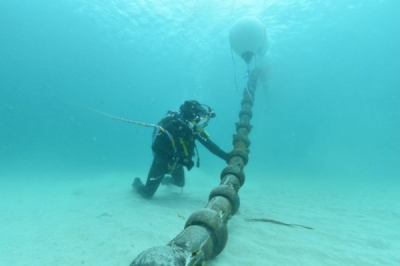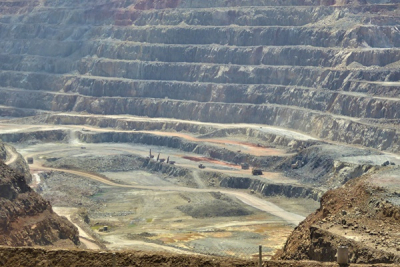European Commission President Ursula von der Leyen has outlined the European Union's priorities in the Democratic Republic of Congo, with clean energy production at the forefront, ahead of the EU-African Union summit in Angola on Nov. 24-25.
"With one of the fastest population growth rates in the world, the demand for electricity is increasing faster than existing infrastructure," the president of the European Commission said.
She said the EU is focusing its support on five major conservation areas, Garamba, Salonga, Virunga, Upemba and Yangambi, which she said hold significant potential for developing clean energy accessible to local communities.
Regarding electricity access in the Northeast, von der Leyen said the EU supports extending the grid to Kisangani and improving supply reliability to secure access for millions of Congolese.
The president also highlighted the "Green Corridor" initiative, integrated into the Global Gateway strategy. It plans to create a protected area of more than 544,000 square kilometers stretching from eastern DRC to Kinshasa, combining the preservation of primary forests, sustainable economic development and the creation of 500,000 jobs, some of which are intended for demobilized youth.
She also emphasized the role of the Lobito Corridor, which has become a central tool for supporting hydroelectric and solar projects, rural electrification and the reduction of regional emissions, in line with international climate commitments.
Finally, von der Leyen placed these actions in a broader continental framework by recalling the launch of the "Scaling Up Renewables in Africa" campaign with South Africa. This initiative mobilized 15.5 billion euros to support access to clean energy for the 600 million Africans who still lack it, with the ambition of creating sustainable economic opportunities.
Von der Leyen, who became the first woman to serve as European Commission president in 2019, is a former German minister and member of the CDU party who steers the EU's broad policy on energy, infrastructure and climate transition.
Boaz Kabeya






